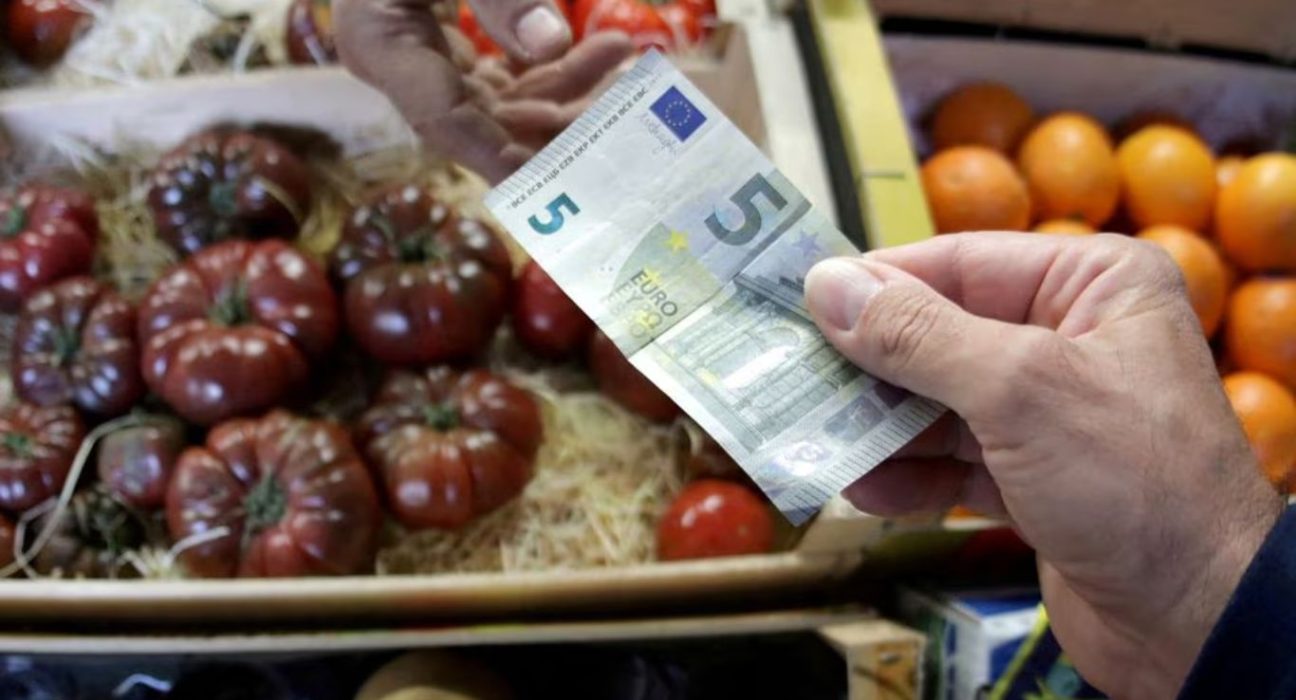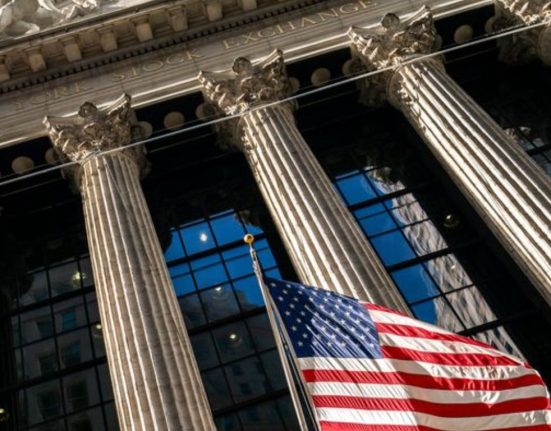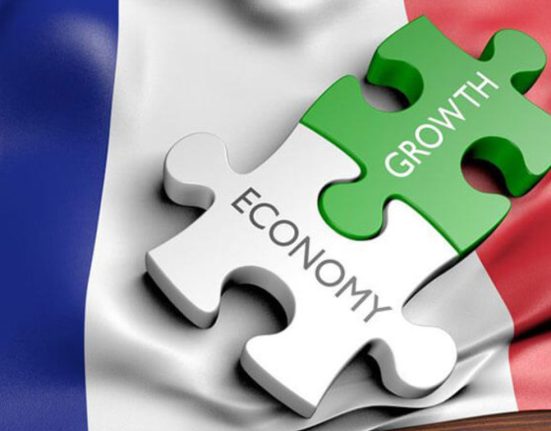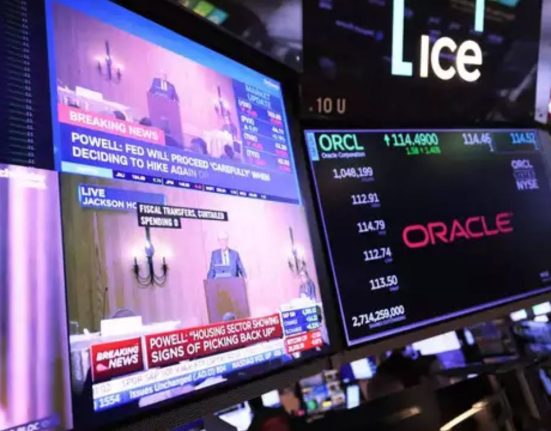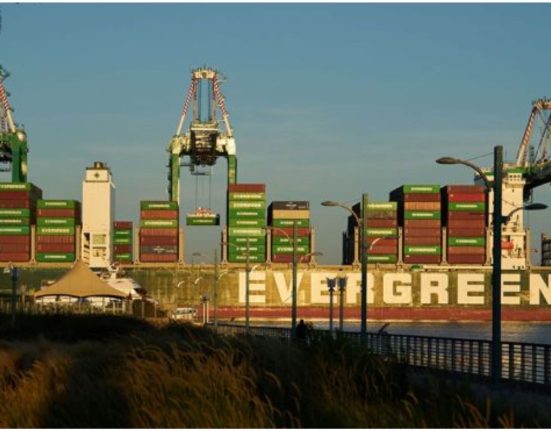The ECB’s Ongoing Interest Rate Dilemma
In the ever-evolving landscape of global finance, the European Central Bank (ECB) finds itself at a crossroads. Austrian central bank chief Robert Holzmann’s recent statement has reignited discussions about whether the ECB should raise interest rates further, even as fresh data reveals that euro zone inflation remained stable in August, defying earlier expectations of a decline.
Navigating Rate Hikes Amid Economic Uncertainty
Over the past 13 months, the ECB has been on a consistent path of raising interest rates, responding to various economic factors and attempting to curb inflationary pressures. However, the central bank now faces a conundrum as economic growth prospects in the Eurozone show signs of deterioration, and the looming specter of a recession hangs overhead.
Analyzing Euro Zone Inflation Trends
Despite expectations for a drop in inflation, August figures suggest that euro zone inflation has held steady. This unexpected stability challenges the conventional wisdom that had been guiding the ECB’s interest rate decisions. The central bank had been using rate hikes as a tool to combat rising inflation, but the recent data poses questions about the effectiveness of this approach.
Holzmann’s Call for Further Rate Hikes
Austrian central bank chief Robert Holzmann’s recent statement has added a new layer of complexity to the ECB’s decision-making process. Holzmann argues that there may be a need to raise interest rates even further, contrary to the prevailing sentiment among policymakers. His perspective brings into focus the diverging views within the ECB on how to best manage the current economic situation.
The ECB’s Dilemma
Balancing Inflation and Economic Growth
The ECB’s primary mandate is to maintain price stability within the Eurozone, primarily by keeping inflation in check. In the past year, inflationary pressures have been on the rise due to factors like increased energy prices and supply chain disruptions. This led the ECB to embark on a series of interest rate hikes.
Economic Growth Concerns
However, recent economic indicators have painted a less rosy picture for the Eurozone’s growth prospects. Weakening consumer and business sentiment, coupled with a slowdown in key industries, have raised concerns about the possibility of a recession. This has prompted some within the ECB to question the wisdom of further rate hikes, as higher interest rates could potentially stifle economic activity.
The ECB’s Delicate Tightrope Walk
The ECB, led by President Christine Lagarde, now finds itself walking a delicate tightrope. On one hand, it must address the persistent threat of inflation, which erodes the purchasing power of consumers and businesses. On the other hand, it must consider the potential consequences of further rate hikes on an already fragile economy.
The Role of Monetary Policy in Economic Recovery
Monetary policy plays a crucial role in shaping the economic landscape. Lower interest rates can stimulate borrowing and spending, which can boost economic growth during times of economic downturn. Conversely, higher interest rates can help control inflation but may also slow down economic activity. Striking the right balance is the challenge that central banks like the ECB continually face.
ECB’s Future Moves and Their Implications
The ECB’s next steps will be closely watched by financial markets and economists alike. If it decides to heed Holzmann’s call for further rate hikes, it may signal a continued commitment to controlling inflation, even at the risk of hampering economic recovery. Alternatively, a pause in rate hikes or a shift in policy towards a more accommodative stance could be seen as a response to the growing concerns about economic growth.
Conclusion
Navigating Uncertain Waters
As the European Central Bank contemplates its next move, the global financial community watches with bated breath. The delicate balance between combating inflation and fostering economic growth is not easily achieved, and the ECB’s decisions will have far-reaching implications. Whether further interest rate hikes are on the horizon or a different approach is taken, the ECB’s path forward will shape the economic landscape of the Eurozone in the coming months.
In this complex scenario, the European Central Bank faces a challenging task, requiring a nuanced understanding of economic trends and a strategic approach to maintain stability and support growth in the Eurozone.
